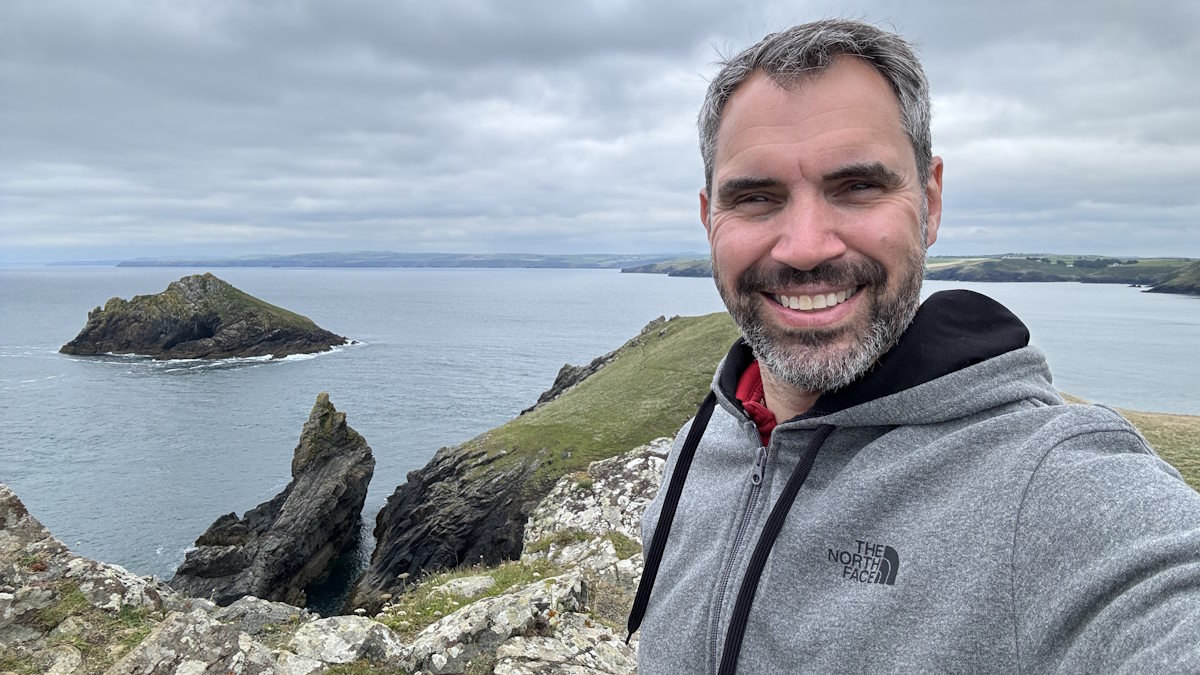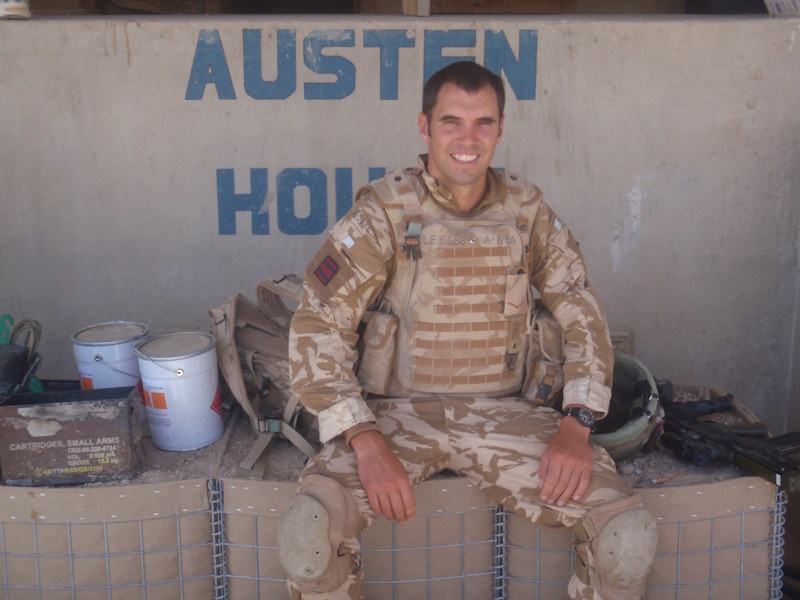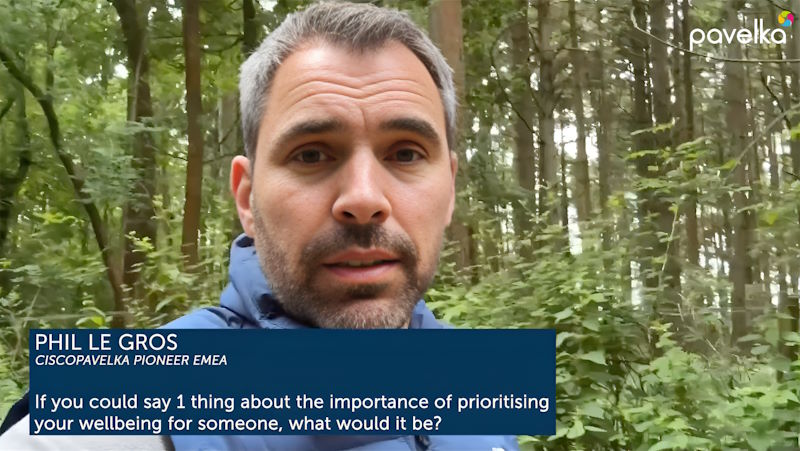From Combat to Corporate Care: My Mental Health Journey at Cisco

3 Minute Read · 5 Minute Listen
I always believed I could cope with anything. After all, I had served in the army in active combat zones and even survived a roadside bomb.
Yet, here I was, cowering on the floor, overwhelmed by a wave of panic. I was a CX Delivery Manager, it was 8:45 a.m. on a Monday morning, and I had just read an email asking for an update on an action item. Suddenly, I was crying and unable to understand what was happening to me.
This was my introduction to my mental health deteriorating.
The warning signs had been there, but I had missed them. I believed that depression and anxiety were things that happened to other people, not to me. That belief was shattered that morning.

I somehow managed to pull myself together for a scheduled work call at 9 a.m. My mind was constantly distracted with thoughts of confusion and desperation. By the time I finished the call, I was in shock. Desperate and not knowing what to do, I called a close friend. As soon as they answered, I broke down again, unable to explain what was happening.
My friend saw that I needed help. Despite my insistence that I couldn't take time off work, I agreed to call my doctor and our U.K. health insurance provider. Both calls were just as difficult, but by lunchtime, I was sitting in my doctor’s office, explaining my confusion and feelings of helplessness.
My doctor suggested I take time off work, but I was adamant that was impossible. I had only started at Cisco six months earlier and had commitments to meet. Eventually, we agreed on a two-week medical leave, which I thought would be enough.
Looking back, I realise my doctor knew the reality far better than I did. That initial leave was extended multiple times, and it was three months before I would return to work.
My road to recovery involved several steps. I started medication, which I was initially wary of but learned was necessary. Medications can help regulate neurotransmitters, providing a foundation for recovery.

I also began Cognitive Behavioural Therapy (CBT), a widely used talking therapy that helps manage problems by changing the way we think and behave.
CBT offers a different perspective — one that is more accurate and based on reality, rather than what our minds might conjure. It’s very effective for depression and anxiety and can equip us with tools to handle future challenges more effectively.
Recovery wasn’t overnight; it took time. Initially, I felt empty and unable to find joy in usual activities. But I learned to compare mental health recovery to physical health. Just as you wouldn’t expect to run with a broken leg, you shouldn’t expect to be at your best mentally when you’re struggling.
Small achievements, like getting out of bed, became my milestones. When you are only mentally at 35 percent, then your current 100 percent is that 35 percent. You have nothing more to give.
Maybe today, getting out of bed or completing a few small tasks was the achievement. That could be the equivalent of going to the kitchen for a drink with a broken leg. You haven’t failed because you didn’t break the four-minute mile today!
With the support of Cisco and my management chain, I eventually returned to the office in a phased manner. At no point was there any undue pressure, and my experience did not affect my performance or perception at work.
Many people worry that mental health issues might affect their career, but seven years on, I can confirm that’s not the case at Cisco.
A big part of my positive experience at Cisco has been the company's commitment to Inclusive Communities.
I founded and currently lead the Mental Health & Wellbeing group within Cisco CX UKI. I am also a Mental Health First Aider, a Cisco Pavelka Wellbeing Ambassador, and a member of Cisco VETS. These communities not only support my mental health journey, but allow me to support others navigating theirs.
Employee resources
- Employee and Family Assistance Program
- Mental Health Awareness Week Replays
- Global Wellbeing Community
- Join the #SafeToTalk Webex space
- Share your story
Related links



